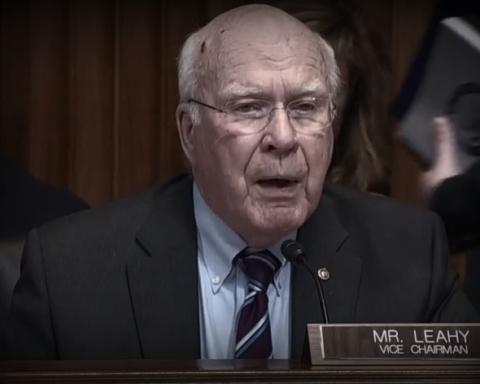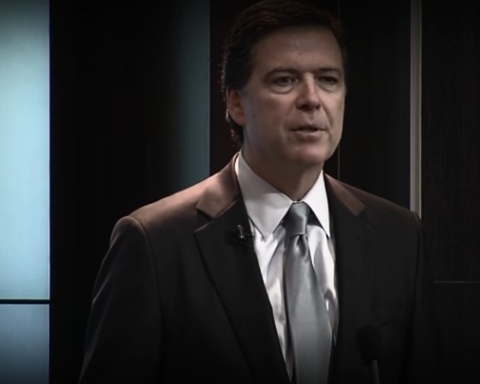A government watchdog analyzed how the internet is reducing Americans’ reliance on the US Post Office, and suggested that the downward trend of paper mail delivery may only be temporary.
Postal experts interviewed by the Government Accountability Office (GAO) claimed that continued “electronic diversion” in mail delivery is likely to be short-lived, as more people get burned in cyberspace.
“Internet privacy and security concerns could be contributing to a slowed rate of electronic diversion,” four of the officials interviewed by GAO stated. The oversight agency also pointed to meetings with business officials who said their area customers believe that the USPS is safer to use because of “computer hacking and identity theft concerns” associated with online transactions.
GAO’s analysis was released on Wednesday. It was requested by Sens. Heidi Heitkamp (D-N.D.) and Claire McCaskill (D-Mo.).
Over the last decade, the USPS has seen mail decline by 28 percent, as carriers delivered roughly 60 billion fewer pieces in 2015 than they did in 2006.
Those declines have primarily been attributed to the proliferation of broadband, allowing more people to pay their bills online and correspond via email instead of letters. First-Class Mail, or stamped letters, has declined by half over the last nine years.
Although USPS has seen an uptick in package deliveries as more people shop online and have goods sent to them, those increases have not been enough to set off the disappearing demand for First-Class Mail.
The postal service has experienced nine straight years of annual losses, partly as a result of declining mail volume. Also contributing to the losses is a law passed by Congress in 2006 that forced the post office to contribute billions of dollars every year to pre-fund retiree health benefits decades into the future—a requirement that no other federal agency or business has been subjected to.
To manage its underwater books, the USPS has decreased its workforce and work hours in recent years. It has also consolidated 141 mail-processing facilities across the nation.
While four of the eleven postal experts reviewed by GAO cited online privacy and security as a force that could resurrect traditional mail delivery, others were more pessimistic about the future of the USPS and saw increased electronic diversion in the future.
For example, GAO cited two officials who warned that there will be another precipitous decline in First-Class Mail as younger generations “who have come of age almost entirely using electronic services and technologies for their business and personal interactions” grow to be the “dominant portion of the population and economy.”
Also contributing to USPS pains, recent news about its own surveillance activities that could wash out its perceived privacy advantage to internet communications.
Last month, Sen. Ron Wyden (D-Ore.) sent a letter to the US Postmaster General inquiring about its “mail covers” program. The operation allows postal workers to record the metadata on a letter–including “to” and “from” addresses–without a warrant, and turn the information over to state and federal agencies.
A recent investigation by a Portland, Ore. news outlet, KGW, found that the government was relying heavily on the mail covers program. Over the previous ten years, KGW reported, the feds submitted nearly 90,000 requests for USPS to collect information about the mail sent to and from particular addresses.
“Given this high volume, it is important to make sure there are strong controls on the program to ensure that this technique is not used improperly,” Sen. Wyden said in his missive.








